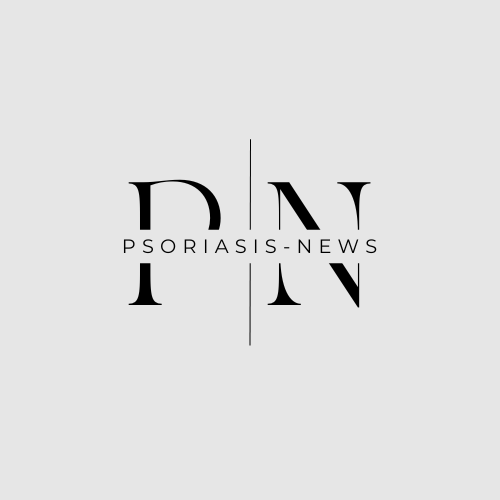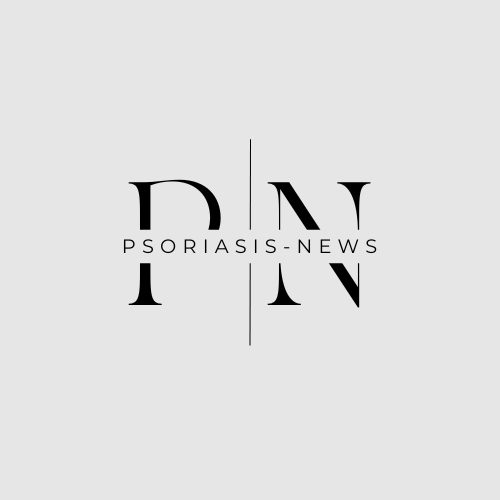Nanomaterials (Basel). 2024 Mar 29;14(7):610. doi: 10.3390/nano14070610.
ABSTRACT
Psoriasis, a chronic inflammatory skin disease induced by various factors, including genetic factors, immune factors, environmental factors, and psychological factors, is characterized by thickening of the epidermis, excessive proliferation of keratinocytes, abnormal differentiation, and an excessive inflammatory response. Traditional treatments for psoriasis still face challenges because of limited curative effects, notable side effects, and a tendency for recurrence. In contrast, topical therapy provides a favorable option for psoriasis treatment because of its noninvasive and self-administered method. In this study, gentiopicrin (Gen) is encapsulated in the liposomes to form a nanodrug, and then chitosan is covered on the nanodrug to assemble the nanodrug delivery system (CS@Gen), which is used as a topical agent for treating psoriasis. Then M5 (a mixture of five pro-inflammatory cytokines, i.e., IL-17A, IL-22, IL-1α, oncostatin M, and TNF-α)-induced HacaT cells and imiquimod-induced psoriasis mouse models are established, whose results show that CS@Gen induces apoptosis and inhibits the proliferation and cell migration of psoriasis keratinocytes. Additionally, the application of CS@Gen cream can significantly reduce epidermal thickness, diminish skin scaling, and improve other related mechanisms in mice affected by psoriasis. Meanwhile, the prepared CS@Gen can significantly reduce the expression levels of IL-17a, Cxcl2, S100a, Mki67, and other related inflammatory factors, resulting in indirectly inhibiting the inflammation of keratinocytes. In summary, the present study provides an ideal loading for an anti-inflammatory and immunomodulatory drug delivery system for the treatment of psoriasis.
PMID:38607144 | DOI:10.3390/nano14070610

